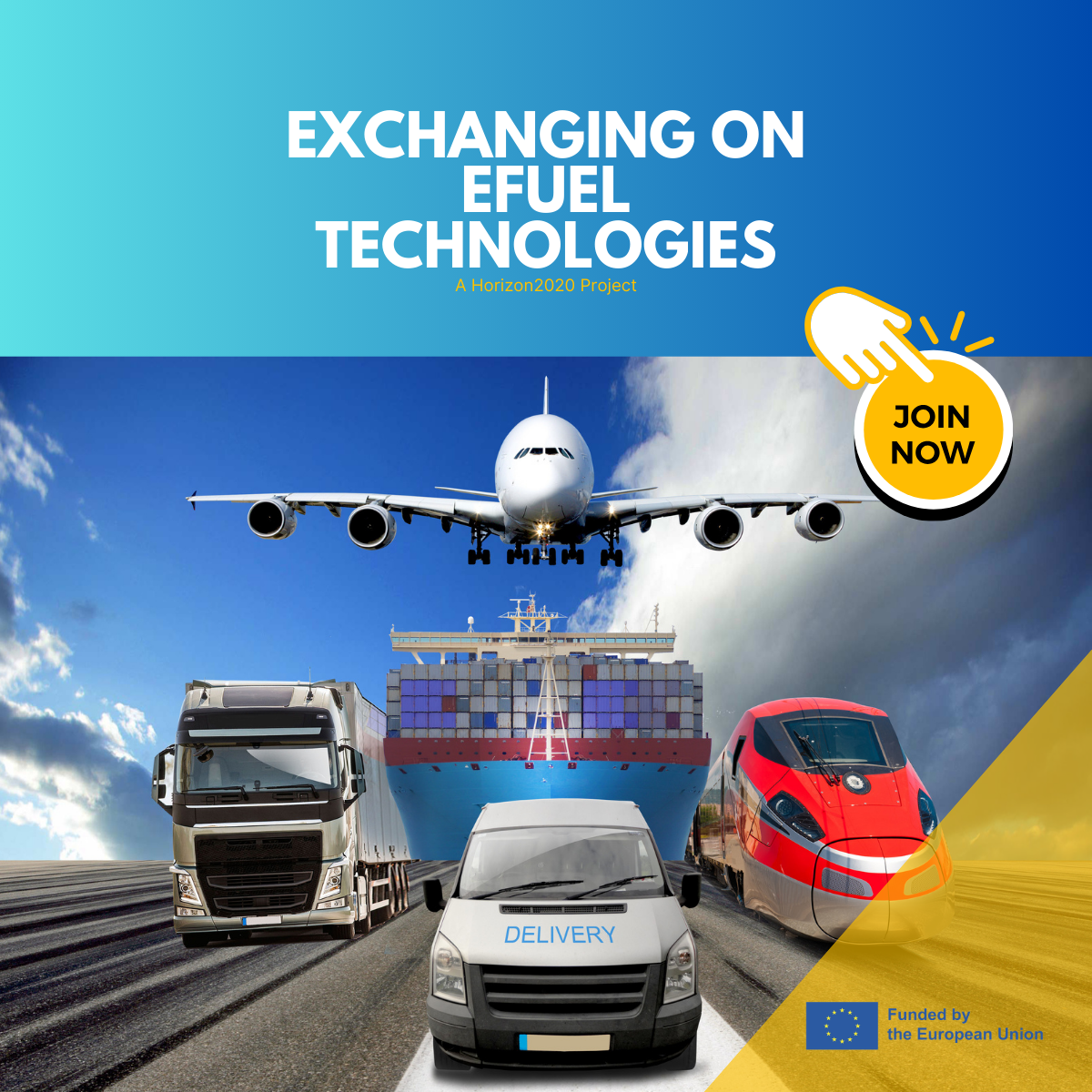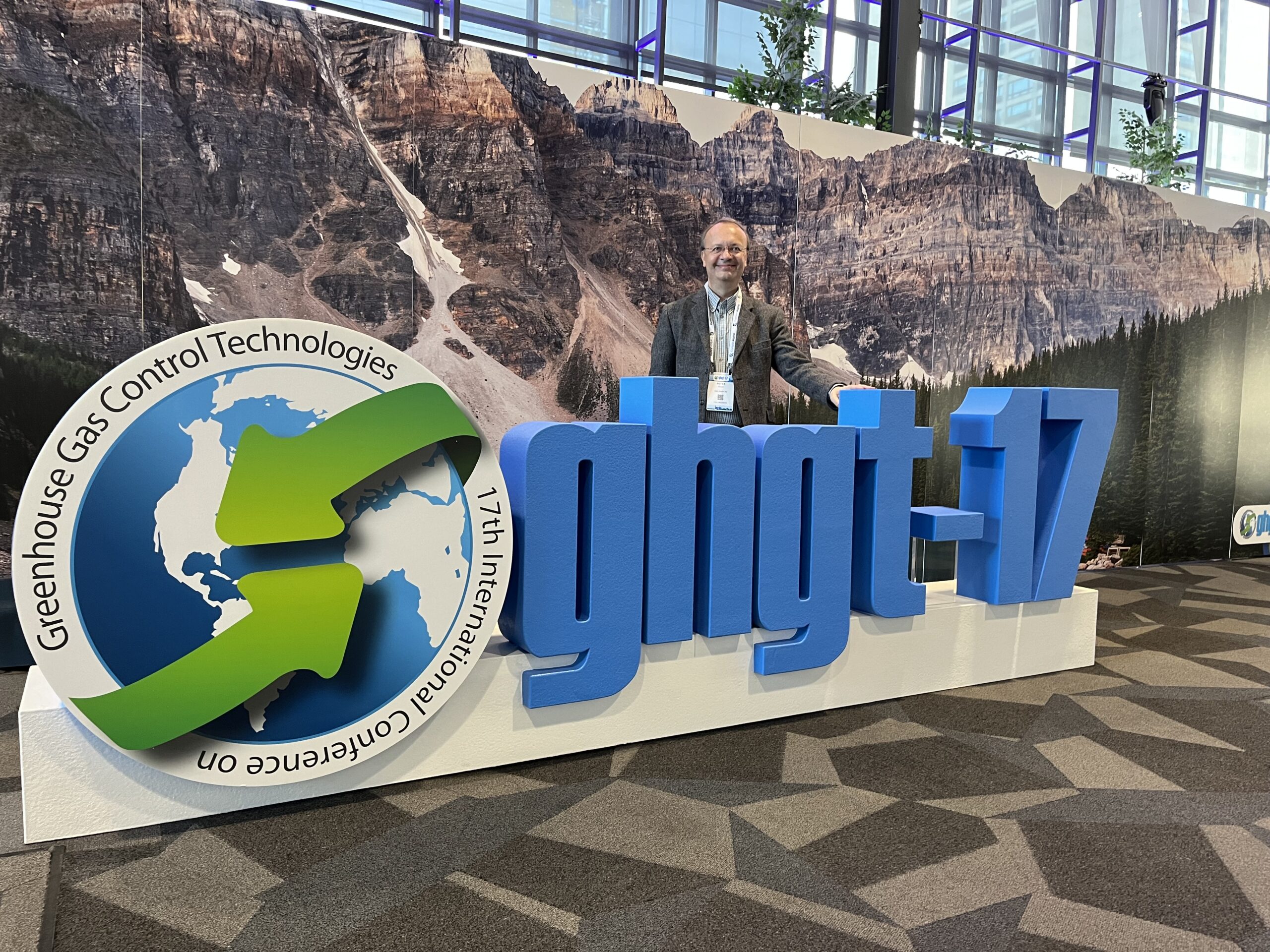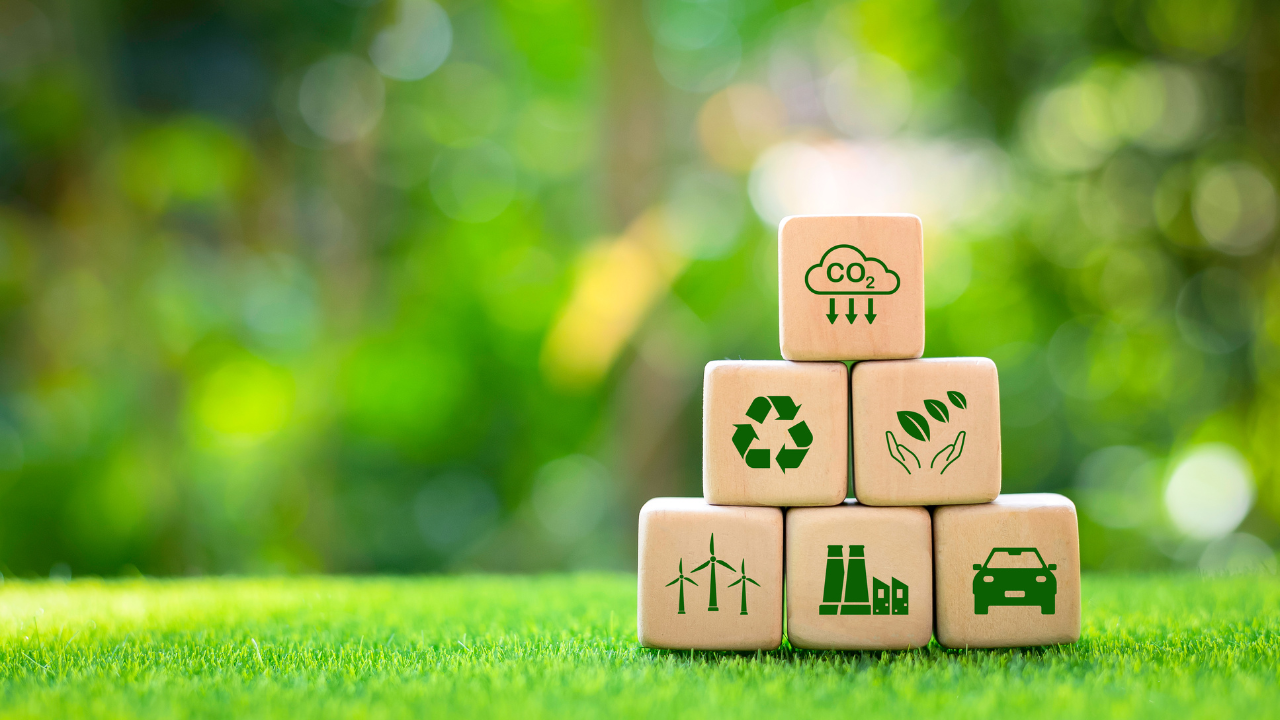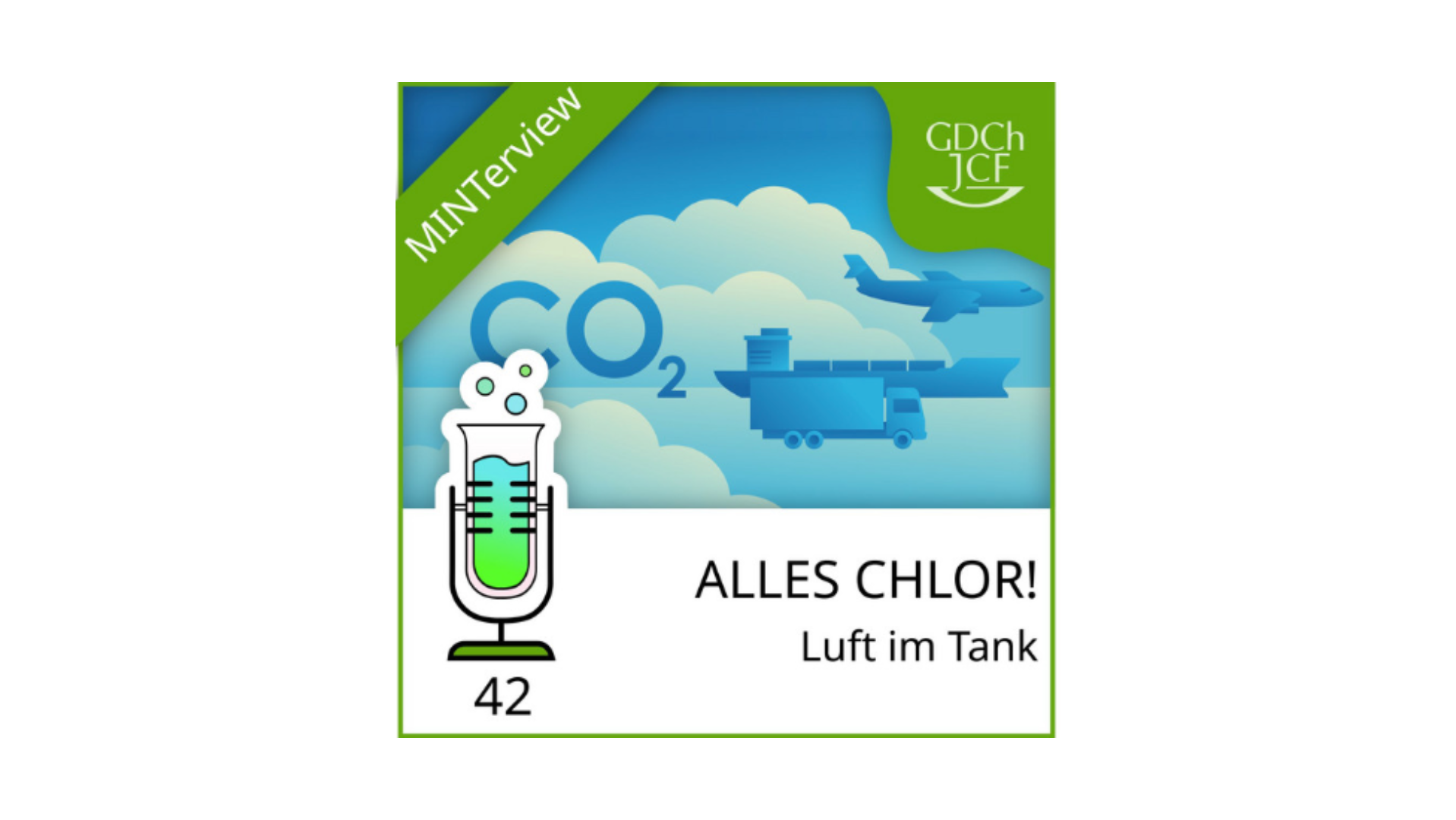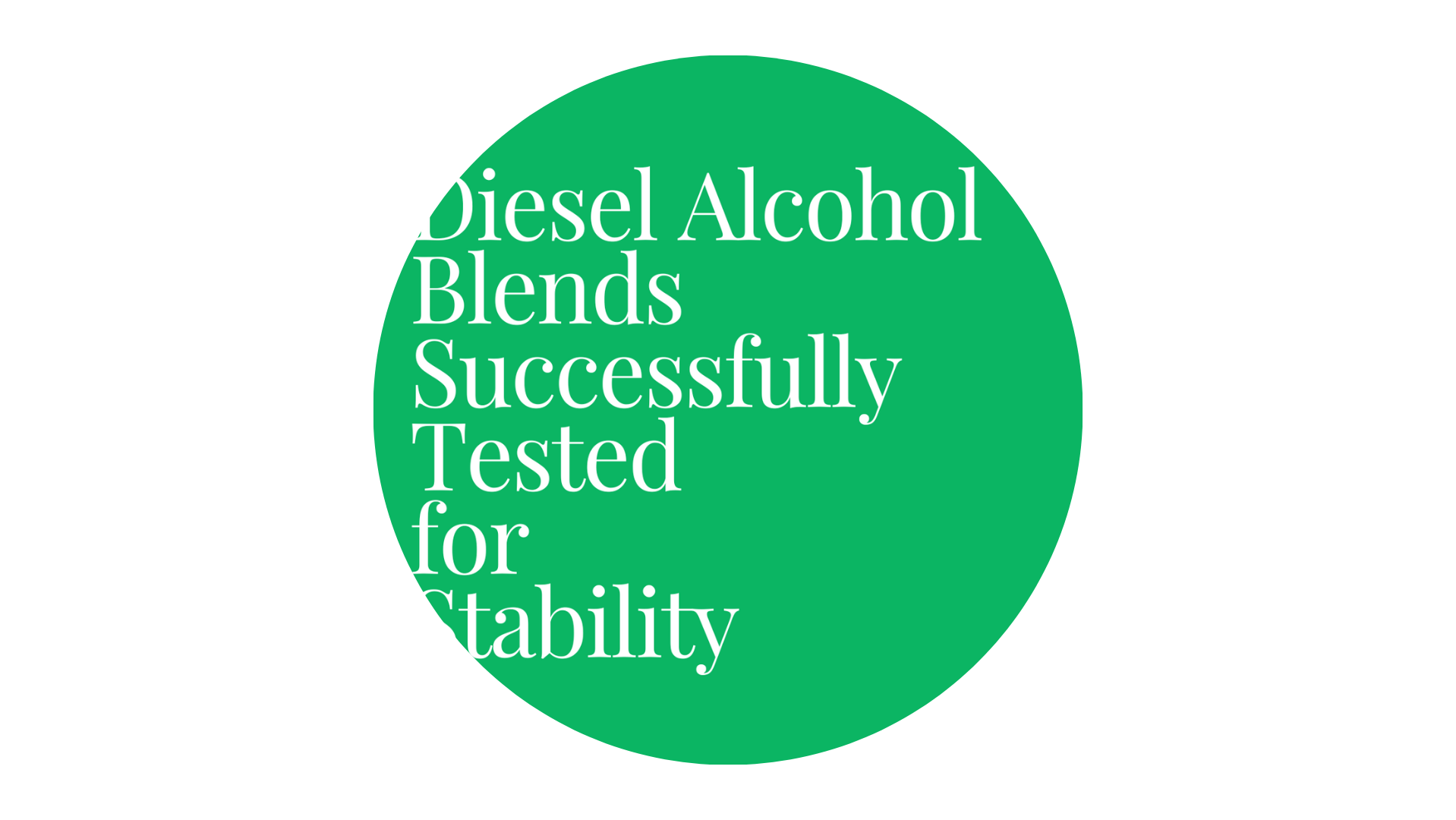Addressing the urgent need to reduce greenhouse gas emissions, RWE Power has made a significant advancement in the framework of the ECO2Fuel project. They have successfully demonstrated a closed carbon loop system that combines e-Fuel combustion, CO2 capture and recycling, and heat reuse. This innovative approach addresses the critical need for sustainable energy solutions.
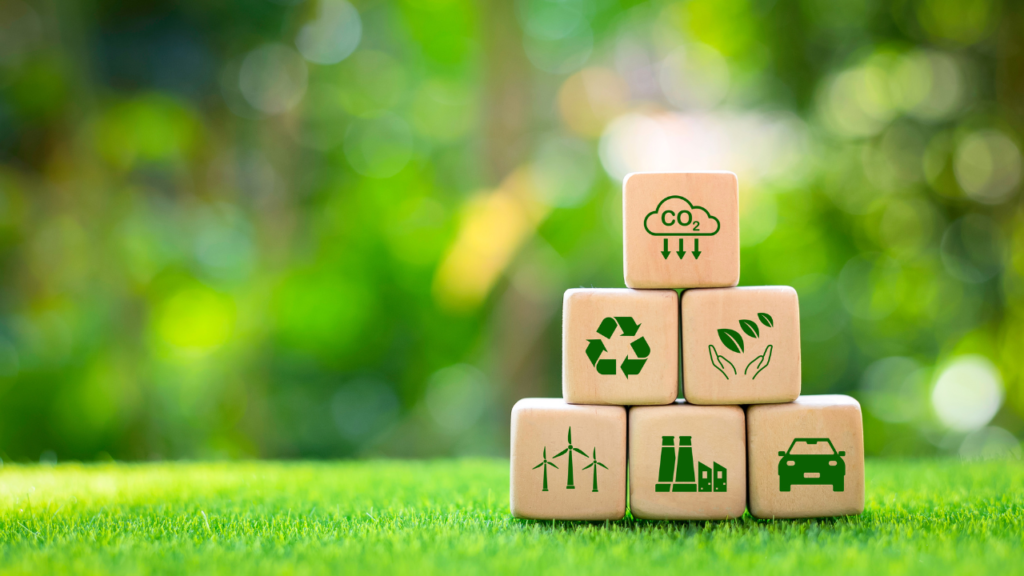
Carbon is a fundamental element that not only forms the basis of life but also plays a crucial role in the modern world, driving many technological advancements. It’s present in a wide range of products and technologies, from the petrol that powers our cars to the cushioning in our running shoes, the electronics we use daily, construction materials, and components of electric vehicles.
Removing up to 99% CO2 from the exhaust gases
In this regard, RWE, in charge of site-demonstration testing in the ECO2Fuel project, has successfully demonstrated a new method of generating back-up power using environmentally friendly fuels, known as e-Fuels. They used a stationary engine with an electric output of 200 kW for this purpose. The exhaust gases produced by this engine are sent back to a carbon capture plant, which uses a chemical process with amines (compounds often used to remove CO2) to capture carbon dioxide. This plant captures 7.2 tonnes of CO2 per day, at a capture rate of 90% of the CO2 from the exhaust gases. In a recent testing campaign, a capture rate of 99.8% was achieved, resulting in a lower CO2 concentration in the off-gas from the carbon capture plant than in the atmosphere.
The captured CO2 is then used as a raw material for the ECO2Fuel demonstrator, which will have a capacity of 1 MW and produces carbon-based e-Fuels. These e-Fuels can be reused in the engine, creating a cycle that recycles the carbon rather than releasing it into the atmosphere, thus “closing the carbon loop”. In each cycle fossil carbon is replaced by recycled carbon and emissions from fossil feedstock are avoided. Additionally, the high-temperature exhaust gas from the engine is being studied for its potential to be reused for heating and improving overall energy efficiency.
The experts specifically looked at the effects of increased oxygen and nitrogen oxides (NOx) in the exhaust gas on the performance of the CO2 capture plant, including the energy needed to regenerate the solvent, emissions, and solvent degradation. To do all of this, RWE Power has performed testing campaigns in its operational infrastructure at the Innovation Centre at Niederaussem (North Rhine-Westphalia, Germany). RWE Power is part of RWE AG, Germany’s largest power producer. The company contributes with its power production capacity of about 6 GW based on lignite, and hydro power to the broad energy mix of the RWE group with renewable energies and natural gas.
To summarise, the advancement presented by our partners lies in the successful integration and demonstration of a closed carbon loop system. This combines e-Fuel combustion, CO2 capture and recycling, and heat reuse, contributing to the broader goal of achieving net-zero emissions in the energy, transport, and industrial sectors.
Building a low-carbon, climate resilient Europe
This demonstration is a huge milestone in the journey of ECO2Fuel, an European initiative aiming at creating the world’s first 1MW low-temperature electrochemical CO2 conversion system. In ECO2Fuel, 15 international partners from the chemical, energy, hydrogen, mechanical engineering and automotive industry, and several research institutions are working together to build a low-carbon, climate resilient future by converting 742 tonnes of CO2 per year into economic and sustainable liquid e-fuels and chemicals.
The efforts made by ECO2Fuel contribute to the ambitious objectives of the European Union in the field of emissions reduction. As expressed by the European Parliament with the adoption of the European Climate Law, which raises the EU’s target of reducing net greenhouse gas emissions at least 55% by 2030 (from the current 40%) and makes climate neutrality by 2050 legally binding.
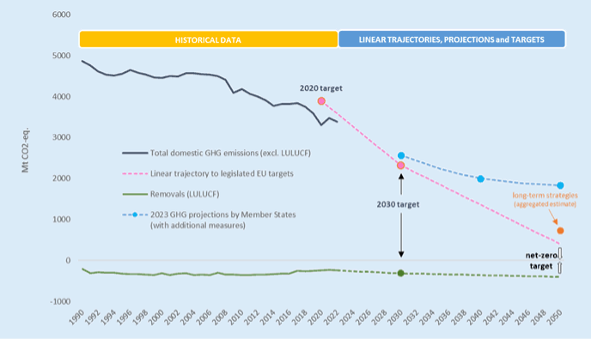
ECO2Fuel is setting a new standard for sustainable energy solutions by demonstrating how carbon can be recycled and reused rather than emitted into the atmosphere. The recent advancement in the project showcases a closed carbon loop system, proving that it’s possible to use e-Fuels and CO2 capture technology to reduce emissions significantly.
By converting CO2 into valuable e-Fuels and exploring ways to reuse heat, ECO2Fuel is actively contributing to the EU’s climate goals and demonstrating a viable path toward a net-zero future. These efforts not only change the narrative around carbon use but also inspire hope for a more sustainable, low-carbon Europe.
Learn more about this research here

